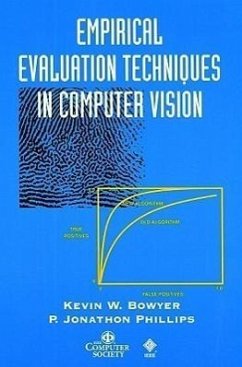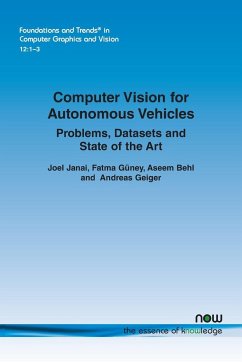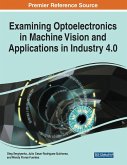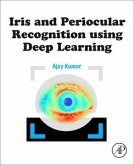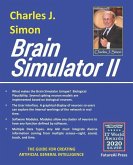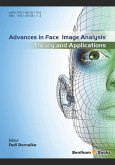In the last decade, as computer vision has matured, methods to evaluate the performance of computer vision algorithms have been developed. The interest is motivated by a desire to place computer vision on solid experimental and scientific grounds, and to facilitate the transfer of algorithms from the laboratory to the marketplace. The growth of the evaluation field has seen the development of numerous practices and methodologies for evaluating algorithms. The text builds a foundation for developing accepted practices for evaluating algorithms that determine the strengths and weaknesses of different approaches while identifying future research directions. Empirical Evaluation Techniques in Computer Vision presents methods that allow comparative assessment of algorithms and the accompanying benefits: * places computer vision on solid experimental and scientific grounds * assists the development of engineering solutions to practical problems * allows accurate assessments of computer vision research * provides convincing evidence that computer vision research results in practical solutions The chapters in this volume cover the three main paradigms for evaluating computer vision algorithms. The paradigms are: (1) evaluations that are independently administered, (2) evaluation of a set of algorithms by one research group, and (3) evaluation methods that feature ground truthing procedures as a major component. Topics covered include evaluating edge detectors, face recognition algorithms, medical image registration algorithms, graphics recognition algorithms, and performance assessment by resampling methods.
Hinweis: Dieser Artikel kann nur an eine deutsche Lieferadresse ausgeliefert werden.
Hinweis: Dieser Artikel kann nur an eine deutsche Lieferadresse ausgeliefert werden.

